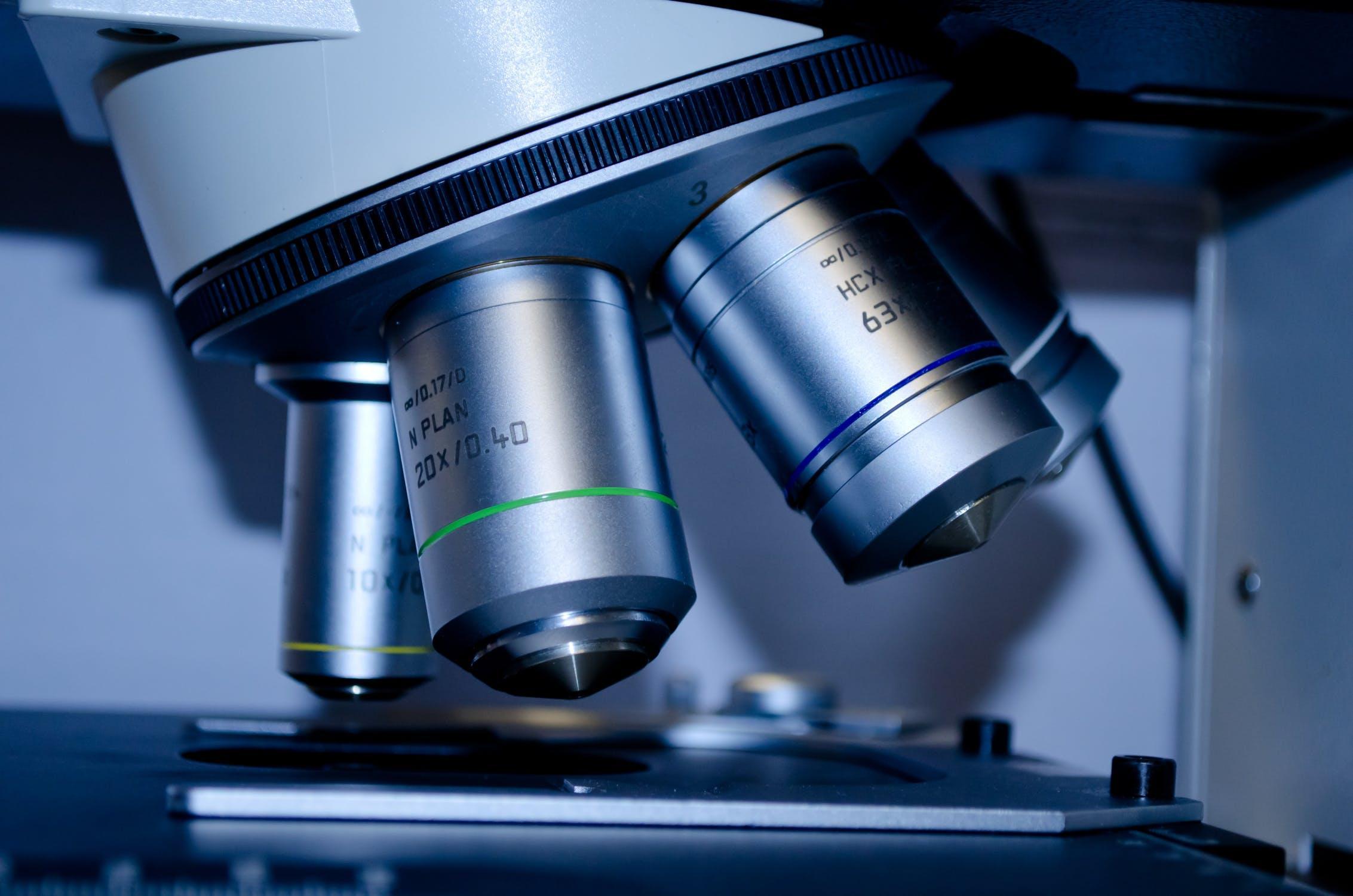Comments (4)
Samantha Brown
Every major innovation takes time....
Lee Robertson
Insightful
Ryan Dobbie
What if it doesn't work? Imagine spending 17 years for nothing.
Michael S
Ain't easy at all

It is frequently stated that it takes an average of 17 years for research evidence to reach clinical practice.
Whether that is the actual number of not, most agree that there are many reasons why there is a substantial lag between invention or discovery of something in medicine and widespread dissemination and implementation such that it becomes the standard of care.
But, medicine is not alone. TV took 30 years to become a mass media network. Other examples of delayed traction include railroads, autos, canals and electricity.
Here are some reasons why it happens and why many entrepreneurs underestimate the time required to cross the chasm from innovators and early adopters to the early majority and beyond:
1. We have evolved into the ecosystem or networked economy.
2. In his book, The Slow Pace of Fast Change, Bhaskar Chakravorti explaines that , as networks and ecosystems grow, much like playing a game against other participants, there are interconnection inefficiencies.
3. Like all change processes, an innovator in a networked ecosystem, like sickcare, needs to not only create a product that is a product-market fit, they they also need to orchestrate changing the status quo equilibrium, changing it , and then restoring the new ecosystem equilibrium, much like restoring homeostasis after an injury to the human body.
4. But, the "creative gales of creative destruction" are never ending.
5. The ABCDEs of technology adoption involve as much emotion as cognition
6. The barriers to dissemination and implementation constantly change and respond to the legal, regulatory, political and environmental landscape, e.g. expedited waiver of regulations during the COVID pandemic
7. In a free market economy, any single player has little or no influence over the members or stakeholders of the ecosystem required to create the new equilibrium.
8. Changing behavior to enable the new reality is extremely time consuming, costly and hard. Not surprisingly, the top reasons people aren't planning on buying an electric car are price, range, and lack of charging infrastructure in their area. Interestingly, while these three factors were relatively equal concerns, respondents noted the price of EVs as the most important factor when shopping.
9. The collision of companies or technologies creates bigger ecosystems but more complexity. Take the Teledoc-Livongo merger as an example. And, what ever happened to Haven?
10. Every stakeholder wants the new technology to do a different job. As in game theory, a successful result is the aggregation of player choices and the plausability of these choices.
The challenge to the entrepreneur is to overcome the interconnected inefficiencies. Some are controllable, but many are not because they practice under conditions of volatility, uncertainty, complexity and ambiguity.
Arlen Meyers, MD, MBA is the President and CEO of the Society of Physician Entrepreneurs
Every major innovation takes time....
Insightful
What if it doesn't work? Imagine spending 17 years for nothing.
Ain't easy at all
Arlen Meyers, MD, MBA is a professor emeritus of otolaryngology, dentistry, and engineering at the University of Colorado School of Medicine and the Colorado School of Public Health and President and CEO of the Society of Physician Entrepreneurs at www.sopenet.org. He has created several medical device and digital health companies. His primary research centers around biomedical and health innovation and entrepreneurship and life science technology commercialization. He consults for and speaks to companies, governments, colleges and universities around the world who need his expertise and contacts in the areas of bio entrepreneurship, bioscience, healthcare, healthcare IT, medical tourism -- nationally and internationally, new product development, product design, and financing new ventures. He is a former Harvard-Macy fellow and In 2010, he completed a Fulbright at Kings Business, the commercialization office of technology transfer at Kings College in London. He recently published "Building the Case for Biotechnology." "Optical Detection of Cancer", and " The Life Science Innovation Roadmap". He is also an associate editor of the Journal of Commercial Biotechnology and Technology Transfer and Entrepreneurship and Editor-in-Chief of Medscape. In addition, He is a faculty member at the University of Colorado Denver Graduate School where he teaches Biomedical Entrepreneurship and is an iCorps participant, trainer and industry mentor. He is the Chief Medical Officer at www.bridgehealth.com and www.cliexa.com and Chairman of the Board at GlobalMindED at www.globalminded.org, a non-profit at risk student success network. He is honored to be named by Modern Healthcare as one of the 50 Most Influential Physician Executives of 2011 and nominated in 2012 and Best Doctors 2013.
Leave your comments
Post comment as a guest